Tag: wisdom
-
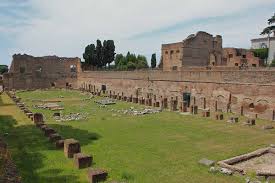
On the Beginning…and End of Civilizations
“Civilization is social order promoting cultural creation. Four elements constitute it: economic provision, political organization, moral traditions, and the pursuit of knowledge and the arts. It begins where chaos and insecurity end. For when fear is overcome, curiosity and constructiveness are free, and man passes by natural impulse towards the understanding and embellishment of life.” …
-

A Poem for Advent
With the Christmas season now in full swing, there tends to be a strong focus on the joys of being young. This is notably displayed in the excitement our culture generates around shopping and gift-giving, particularly for children. Movies like Home Alone, Elf, and A Christmas Story feature the idea of youthfulness prominently in their…
-
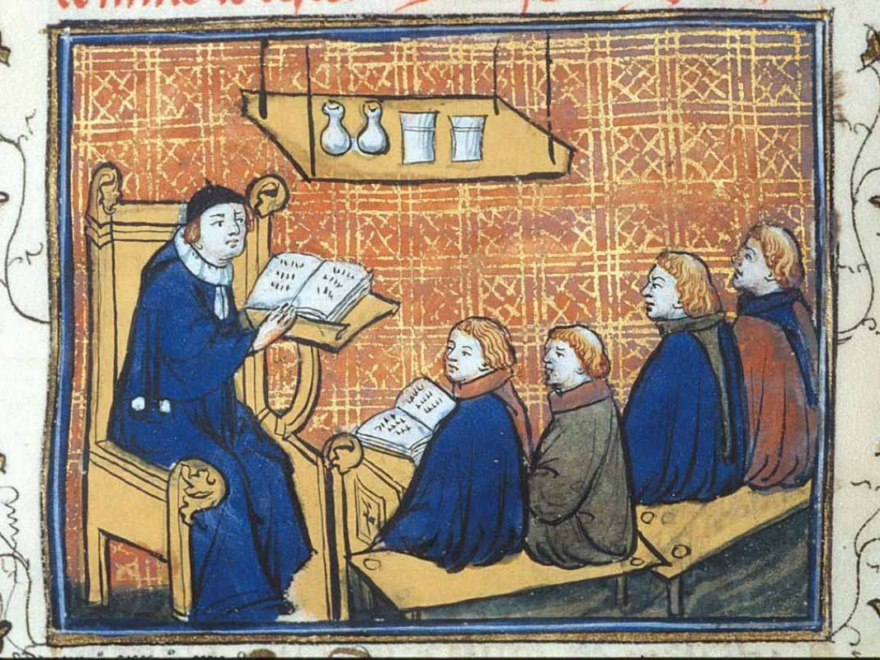
Wisdom from the Heights of the Mountain Top: Inspiration from Thomas Aquinas
Onlookers viewing the reconstruction of the Cathedral of Notre Dame in Paris might experience something similar to what onlookers in the 1200s had when the original construction of Notre Dame was still underway. Having begun in 1163, it was not completed until 1345. The site of its construction rests upon an island in the middle…
-
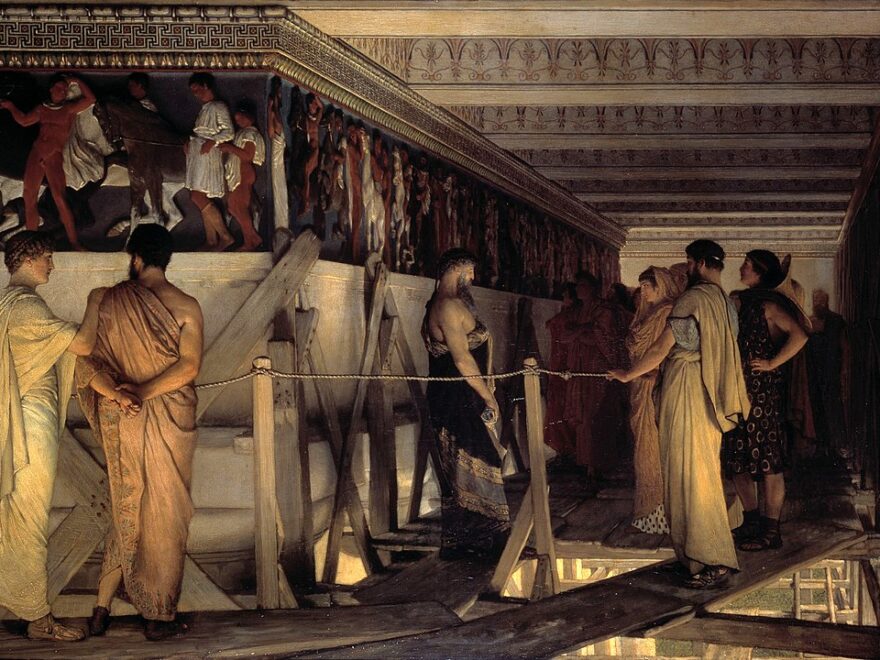
Counsels of the Wise, Part 7: Leadership, Liberal Arts, and Prudence
In the previous article we finally laid out a pedagogy for training students in prudence. While there are many preliminary actions that we can take to sow the seeds of prudence and provide for students’ good instruction from sources of moral wisdom, it is nevertheless true that the full acquisition of practical wisdom awaits a…
-
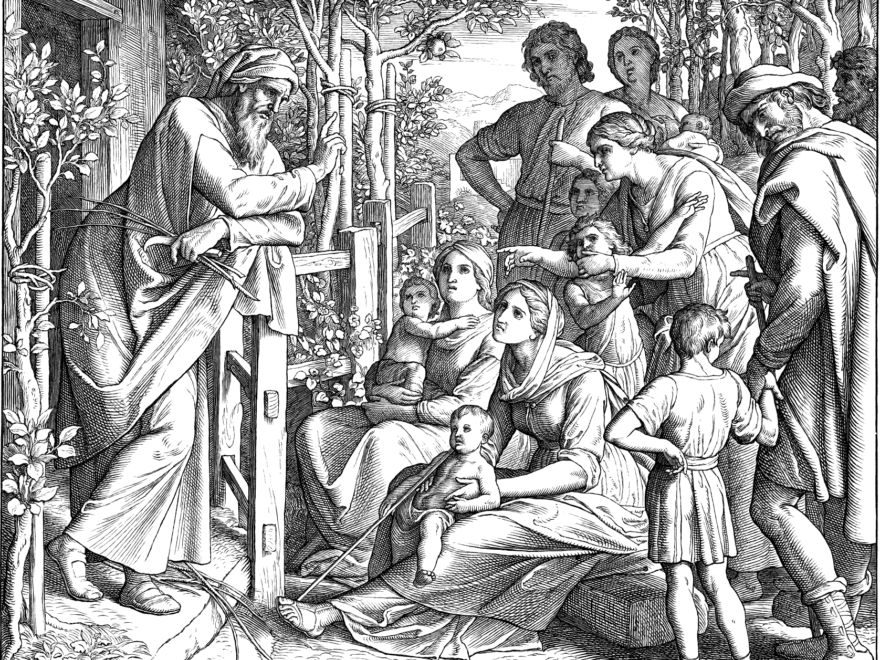
Why Classical Education Needs a Theology of Wisdom: A Foundation for Wise Integration in the Modern World
The modern world of education is characterized by the opposites of integration: isolation and reductionism. Colin Gunton, in the 1992 Bampton Lectures at Cambridge, entitled The One, The Three and the Many: God, Creation and the Culture of Modernity, uses the terms, “disengagement” and “fragmentation” to describe the predicament of modernity. The term “disengagement” he…
-

The Drive to Learn: Three Views on the Desire for Knowledge
What is the purpose of knowledge? What is its draw? What drives us to learn and pursue knowledge about God, the world, and ourselves? Most educators agree that pursuing knowledge is a primary goal of education. But views diverge soon after, specifically when questions about the purpose of knowledge emerge as well as what fields…
-

The Classical Notion of Self-Education for Today
In her lecture at Oxford in 1947, Dorothy Sayers remarked, “Is it not the great defect of our education today, a defect traceable through all the disquieting symptoms of trouble that I have mentioned, that although we often succeed in teaching our pupils ‘subjects,’ we fail lamentably on the whole in teaching them how to…
-
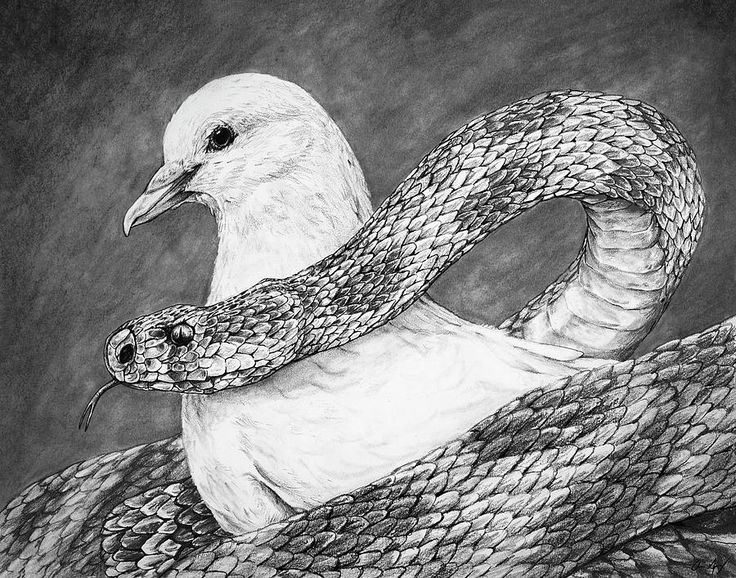
Counsels of the Wise, Part 4: Preliminary Instruction in Prudence
How does a person become wise? What are the proper ingredients in an educational paradigm aimed at prudence? Where would we even begin? So much of K-12 education seems to have nothing to do with practical wisdom, as Aristotle defines it. How do we recover the classical goals of wisdom and virtue in earnest, and…
-
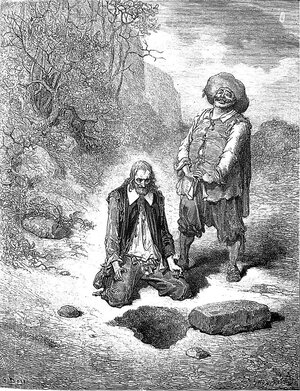
Virtue Formation and Rightly Ordered Loves
The cultivation of virtue is unarguably a core objective in the classical vision for education. In contrast to knowledge acquisition or skills mastery, growing virtue in our students is about strengthening their internal moral structure. It is fundamentally a project of formation, changing a person for the good in pursuit of it. Interestingly, Augustine of…
-
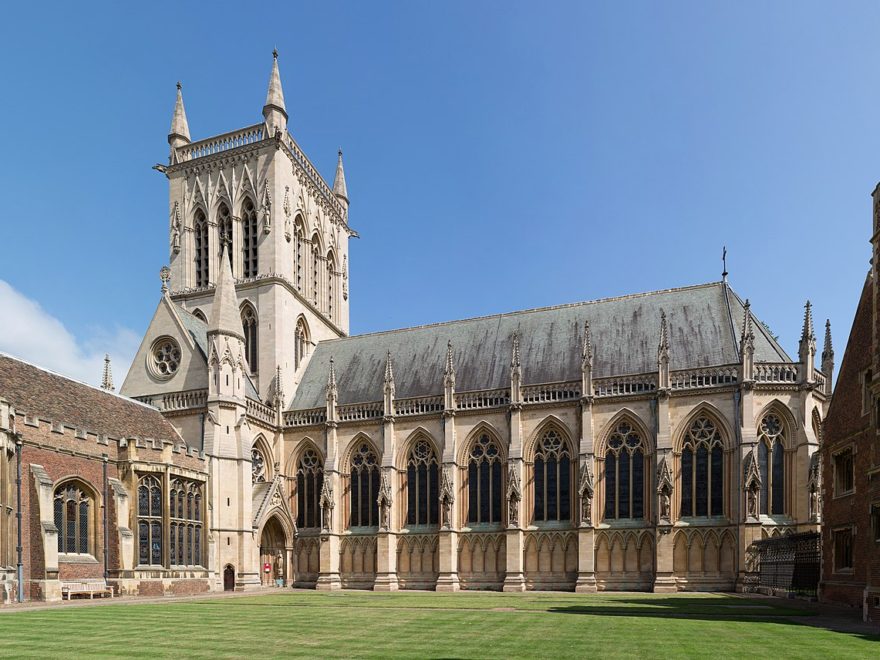
Counsels of the Wise, Part 3: The Practical Nature of Prudence
In this series we are recovering several lost goals of education by exploring Aristotle’s intellectual virtues as replacement learning objectives for Bloom’s taxonomy. Prudence or practical wisdom (phronesis) is one such lost goal, which is endorsed by the biblical book of Proverbs and the New Testament, even if Aristotle’s exact terminology is not adhered to.…
